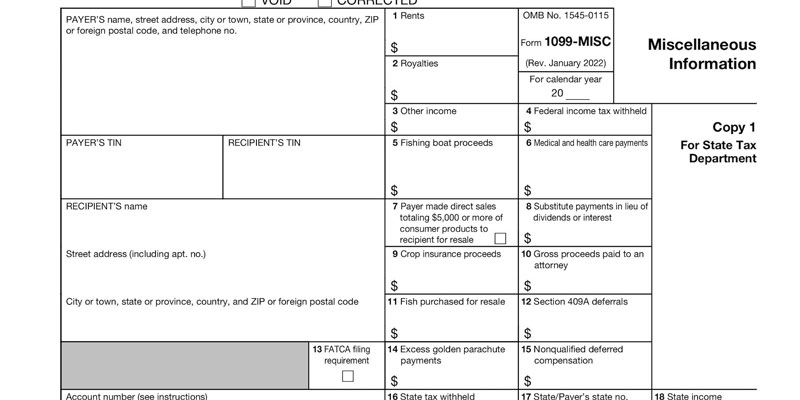If you're like most people, the house you bought after getting married is the single most important thing you own together. Hence, one of the most pressing concerns is dividing the marital home upon divorce.
How much the home has appreciated is affected by several factors, not the least of which are market circumstances and the length of time the owner has lived there. When dealing with anything of this magnitude, it is essential to approach with caution and fully consider the consequences of your choices.
How Can You Divorce-Value Your Home?

The first step in figuring out how much equity you'll have to divide is establishing the worth of the home, which can be done in a few different ways.
Here are some of the most typical approaches:
- Formal evaluation
- broker opinion
- Analyzing many markets at once
- Taxation of Real Estate
- online price estimator
Depending on your goals, one of them works better than the others. Know that every lender will want their evaluation if you decide to maintain the family home and seek refinancing. So, it is not certain that the house evaluation you get for equity purposes will be valid.
Cons Of A Complete Evaluation
Some experts say you should rely on something other than an assessment done for a mortgage since it was likely commissioned by the bank or lender, who may have a vested interest in coming up with a low valuation.
Yet, there is scant evidence to support this. Appraisals ordered for obtaining a mortgage on a home can range from being significantly higher to being significantly lower than an assessment ordered for a divorce.
When one spouse is selling the family home and being bought out, that person may desire more money than the other will accept. If one spouse keeps the home and buys out the other, a lower appraisal is preferable.
After Deciding The Home's Value, Calculate Equity
To determine how much equity a homeowner has in their home, they must first deduct the total amount of any mortgages, taxes, and other debts from the home's market value.
Anything attached to the property that acts as a charge against the equity is considered a lien. Some examples of this type of financing are home equity lines of credit, first mortgages, and solar leases and loans. The equity in a property is worth it after all encumbrances have been deducted.
One spouse could have a distinct property interest in the home if they bought it before marriage. As a result, there may be less equity in the hands of those who possess equal shares.
Does The Residence Have Any Property Liens?
Many buyers want to know whether the property has additional liens than a mortgage or HELOC. And if so, how do we find out about them? Start by contacting a title firm for a formal title report.
The title report will include the property's complete, correct, and up-to-date chain of title. An established partnership between a mortgage broker and a title business allows the broker to get a title report. Either party may contact a title business directly, or the broker may get and provide it to the spouses.
Title reports may be purchased for as little as $70 and as much as $275, depending on the title firm you choose. A title business will provide one at no cost if requested by a divorce mortgage advisor.
The Value Of Your Equity Position

The equivalent of a bank balance is the proportion of ownership in your company's equity. If you live in a community property state like California, and the equity in your home is $1,000,000, you and your spouse would each legally be entitled to half of that amount.
Real estate is not a liquid asset but may be turned into cash through a sale or a cash-out refinance. You may easily sell half of the home and walk away with a tidy sum using either of these strategies.
Options for Dividing Home Equity
Selling the home and sharing the proceeds is the most typical method of dividing equity. To determine your actual portion of the proceeds from the sale, you must deduct expenses such as the real estate agent's commission, any applicable capital gains taxes, and so on. The good news is that if you sell the house, the market will decide how much it's worth, so you don't have to.
The market price sets the value. If finding out the home's value isn't a major component in your choice of whether to sell or keep the property, then there's no need to get an assessment. Another method of dividing assets is for one spouse to keep the house while the other is forced to sell or move out.




